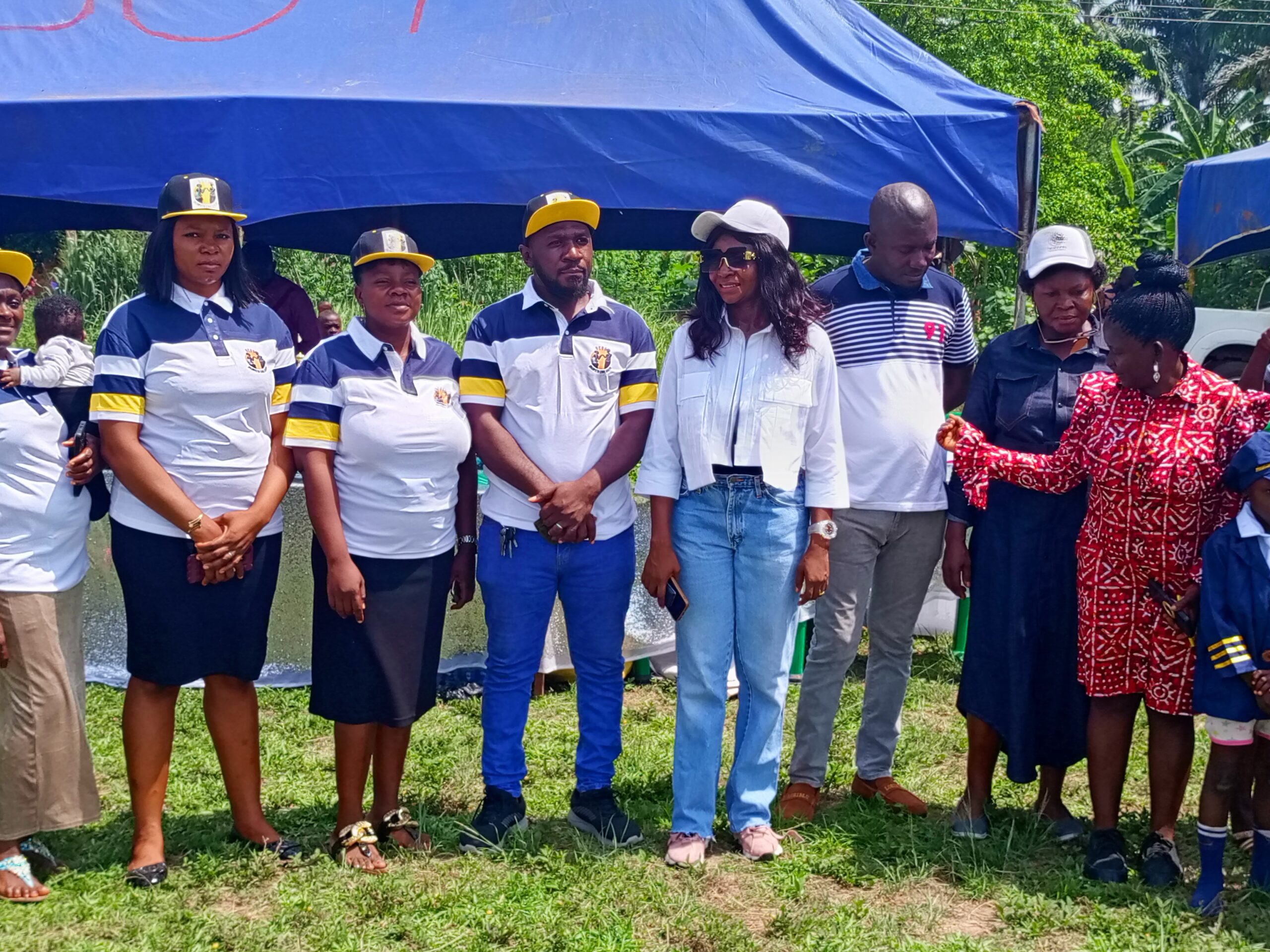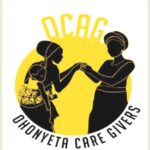Livelihood & Economic Recovery: Supporting women through cash assistance, vocational training, and entrepreneurship; strengthening smallholder farmers’ agricultural capacity; and preventing sexual and gender-based violence.
Children’s Access to Education & Protection: Expanding access to education and materials for all children, preventing child abuse, providing vocational skills for youth, promoting civic engagement, and ensuring menstrual health hygiene.
Social Cohesion & Peacebuilding: Delivering programs that promote dialogue, reconciliation, and peaceful coexistence.
Healthy Living & Disease Prevention: Expanding access to HIV/AIDS, Tuberculosis, Malaria, and diarrhea prevention and care; promoting behavioral change; and advancing women’s sexual and reproductive health services.
Organizational Challenges
Key challenges include insecurity in target communities, evolving needs of beneficiaries, and the presence of multiple actors requiring strong coordination. Persistent issues include:
- Revitalization of infrastructure and essential services (farming, schools, health centers, water, markets, governance).
- Under-utilization of rehabilitated facilities in insecure areas.
- Limited government personnel in hard-to-reach communities.
- The need for adult education, peace building, and life-skills training.
- Capacity gaps in government stewardship and accountability.
- The need for stronger preparedness systems such as early warning and contingency planning.
Despite these challenges, OCAG remains committed to delivering effective interventions, empowering communities, and building resilience among Nigeria’s most vulnerable populations.

